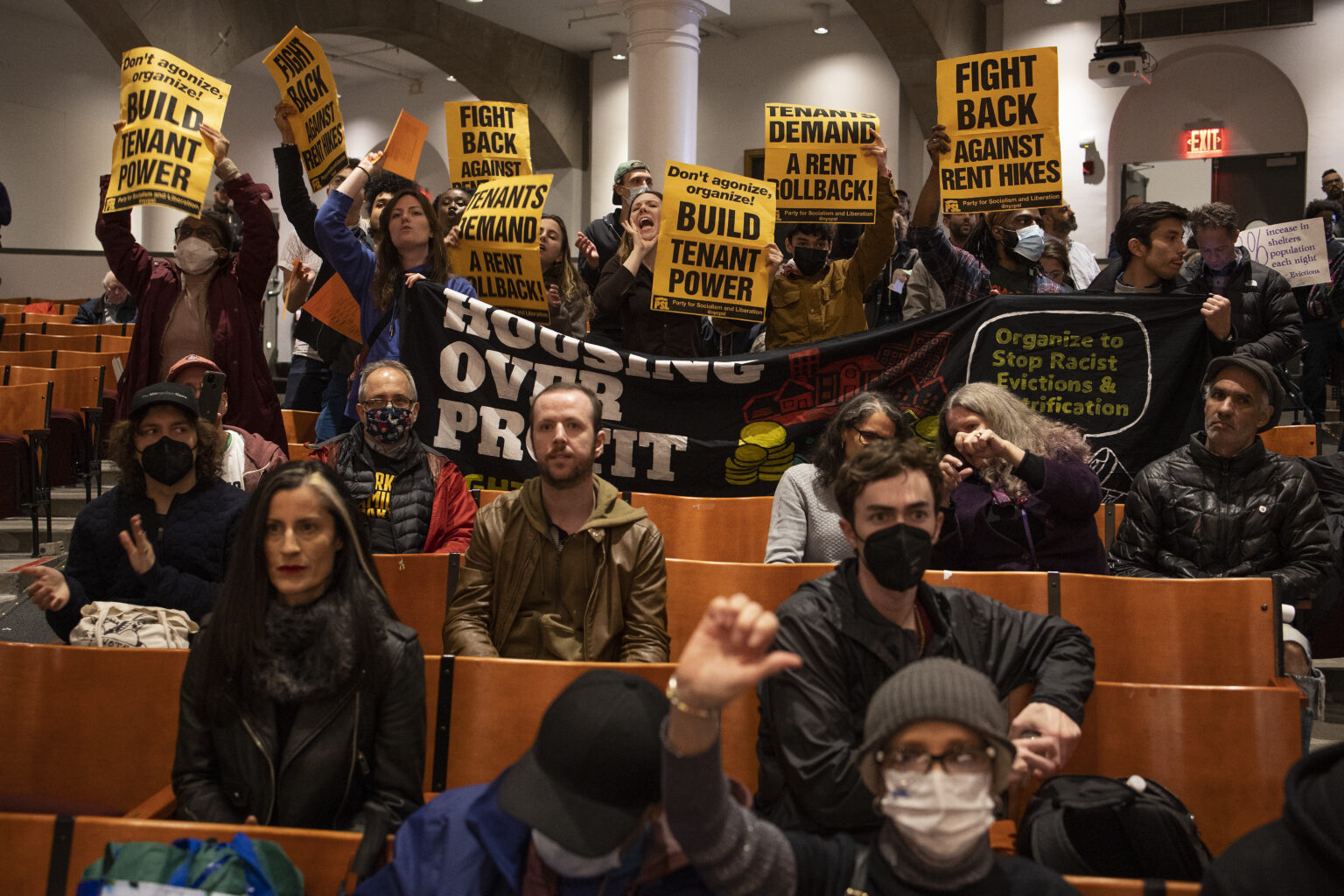When considering a move, prospective renters often weigh multiple factors, such as job availability, the rental market landscape, and the presence of tenant-friendly laws.
Tenants can expect to spend upwards of $333,000 over 13 years on rental expenses, which encompass rent, utilities, insurance, and furnishings.
However, these figures can vary significantly from state to state, and even between cities.
If affordability and livability are top priorities, here are ten cities that may warrant reconsideration–especially if they are among these ten worst cities for renters.

New York City, New York
The iconic New York City maintains its reputation as one of the most expensive places to live, with an average rent of $3,900 according to Apartments.com.
New York City Controller Brad Lander reports that renters in NYC need to make at least $140,000 a year to not be rent burdened, defined as spending 30% or more on rent.
High demand fuels these rates, as the city remains a focal point for cultural and economic activity.
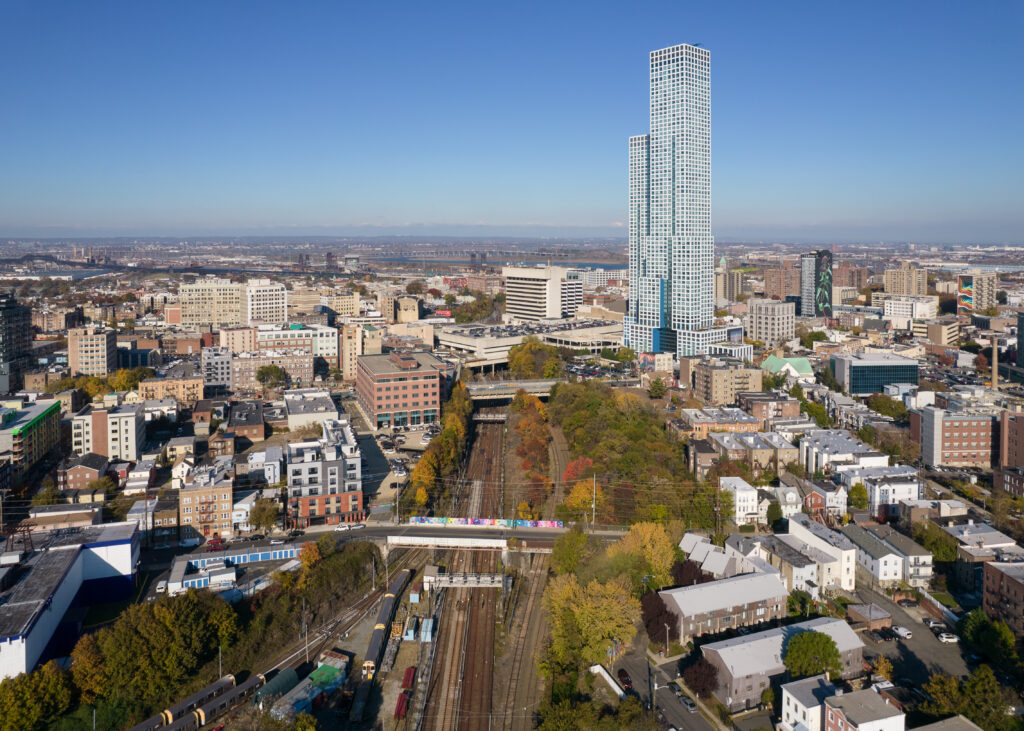
Jersey City, New Jersey
Jersey City’s average rent stands at $3,120, reflecting a 2.4% increase from the previous year.
With a population density of over 19,900 residents per square mile and a 96% occupancy rate for housing units, competition for available rental properties is fierce, further driving up costs.

San Francisco, California
San Francisco is at the forefront of high rental costs in California, with an average median rent of $2,340. Just over 30% of San Franciscans are rent burdened, or spending more than 30% of their income on rent.
While tenant rights in California are robust, affordability remains elusive. Residents cite the high cost of living, steep taxes, and a shortage of housing as key reasons for seeking relocation.
However, San Francisco does have rent control laws that cap the amount a landlord can raise costs per year. For 2024, the maximum allowable rent increase was 1.7%
Rent control can work in renters’ favor–especially if they stay in a rental for years.
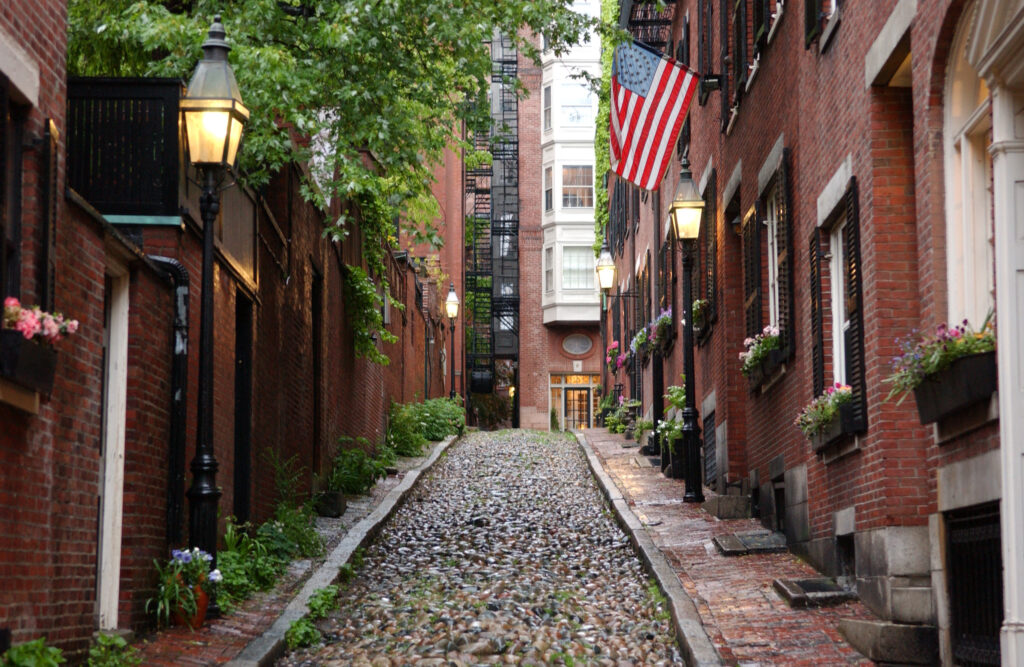
Boston, Massachusetts
In Boston, average rent has risen to $2,790, up 1.9% since 2023.
The Bureau of Labor Statistics reports the average housing costs in the city at $31,679 for 2021-22, surpassing the national average of $23,462.
Furthermore, the local unemployment rate stood at 4.3% in July 2024. To avoid falling into the ‘rent burdened’ category, Bostonians need to make at least $123,000 a year, making it one of the worst cities for renters.

Miami, Florida
In 2023, In 2023, Miami saw a 10.1% increase in its median rent, according to the Bureau of Labor Statistics.
Though there was a modest 5% pullback in 2024, Zillow still benchmarks the average Miami rent at $3,100.
While the unemployment rate is favorable at 3.4%, average hourly wages trail behind the national average at $30.47.
Miami is one of the most expensive cities in the U.S. for singles to live. A recent report published by RentHop noted a stark difference in rent burden between genders. For Miami single renters, just shy of 42% of men were rent burdened, while over 70% of single women renting in Miami were.

San Jose, California
San Jose has an average rent of $2,570. Like many Californian cities, it has gone through a bit of an exodus since 2020.
The U.S. Census Bureau says the population dropped by 4.3% from April 2020 to July 1, bringing its total population to under 1 million people.
This may have helped cool rent down by 2.3% since 2023.
While San Jose does offer rent control, it allows for a 5% increase in rent per year—which amounts to around a $130 hike per month, based on current rates.

Arlington, Virginia
Average rent in Arlington, Virginia, is at $2,380, up 3.5% since 2023.
Close to D.C., Arlington is surprisingly slightly more expensive than Washington, D.C.
However, that could be due to the proximity to sites like Arlington Cemetery, the Pentagon, and Ronald Reagan Washington National Airport.

San Diego, California
San Diego has seen a modest 0.3% drop in median rent over the past year, now sitting at $3,086.
However, San Diego experienced one of the sharpest increases in rent as a city overall since 2020, dethroning San Francisco in 2023 as the second most expensive city in California for renters.
The city has managed to maintain a population of over 1.3 million, but growth has been stagnant at just 0.1% from April 2020 to July 2023—making the rise in rent disproportionate to fluctuations in supply and demand.
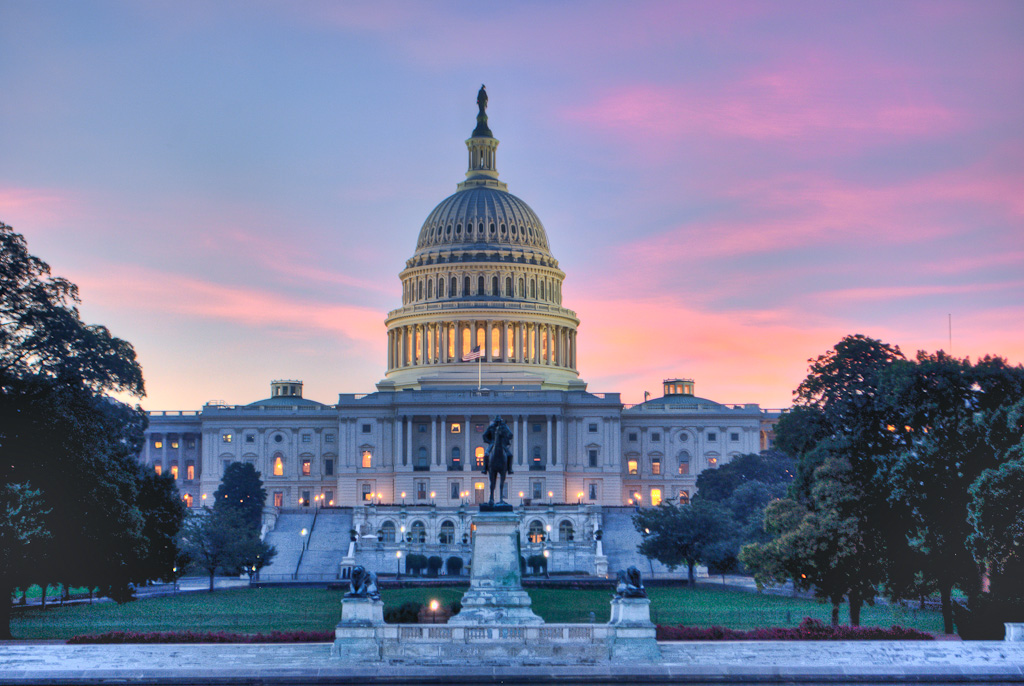
Washington, D.C.
In Washington, D.C., average rent has increased by 4.4% to $2,370 since 2023, according to a Zillow report.
According to the Bureau of Labor Statistics, D.C.’s unemployment rate is notably high at 5.5%, outpacing the national average of 4.1%.
Approximately 36% of Washington D.C.’s residents are rent burdened. But of those, half are what is called “severely rent burdened,” meaning they spend 50% or more of their income on housing, making it one of the worst cities for renters.
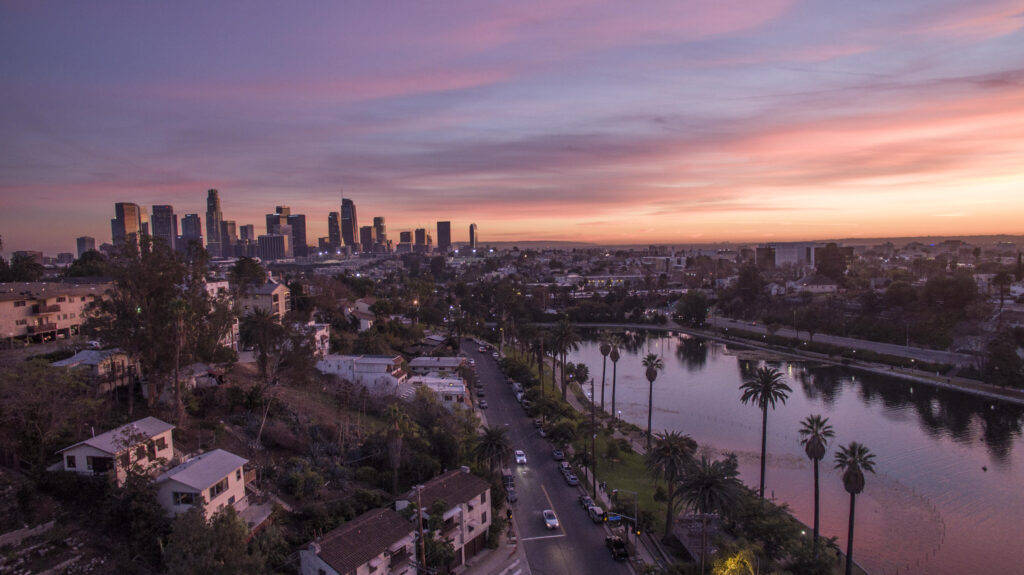
Los Angeles, California
Los Angeles has experienced a 5% drop in average rent, now averaging $2,800, according to Zillow.
The city faces a poverty rate of 16.6% and a population decline of 2.56% since 2020, which has likely influenced housing demand.
As early as 2012, experts anticipated a slowdown in population growth in California, though the current challenges were not widely foreseen.
Los Angeles also has among the highest rates of rent-burdened residents in the nation, with half of all renters spending more than 30% of their income on housing. Like D.C., half or L.A.’s rent-burdened residents are “severely” rent-burdened, spending 50% or more of their income on housing, according to a study by UCLA, making it one of the worst cities for renters.


